
Profile | Bridgerton actor Jonathan Bailey on swapping swagger for softness in LGBTQ melodrama Fellow Travelers
- In productions such as Bridgerton, Jonathan Bailey plays confident, charismatic characters. The English actor’s new role is a far cry from those
- He talks about feeling ‘vulnerable’ playing the submissive partner in a gay relationship, how it has changed his life, and why identity is a source of strength
Jonathan Bailey understands the uses of the charm offensive.
As Sam, the handsome Lothario of Phoebe Waller-Bridge’s delightful pre-Fleabag curio, Crashing; Anthony, the romantic hero of Bridgerton’s second season; and John, the jerk of a protagonist in Mike Bartlett’s love-triangle play Cock, the English actor, 36, has swaggered up to the precipice of superstardom.
With roles in such Hollywood studio tentpoles as Wicked and Jurassic World on the horizon, he may just break through.
Yet he delivers career-best work in US TV network Showtime’s queer melodrama Fellow Travelers, as Tim Laughlin, an anti-communist crusader turned gay-rights activist, by leaving behind the self-assured rakes and tapping a new wellspring: soft power.
Tim may be, as Bailey puts it, “an open nerve”, but as it turns out, the devout Catholic and political naif – who falls for suave US State Department operative Hawkins “Hawk” Fuller (Matt Bomer) just as US Senator Joseph McCarthy tries to purge the federal government of LGBTQ people – is formidable.
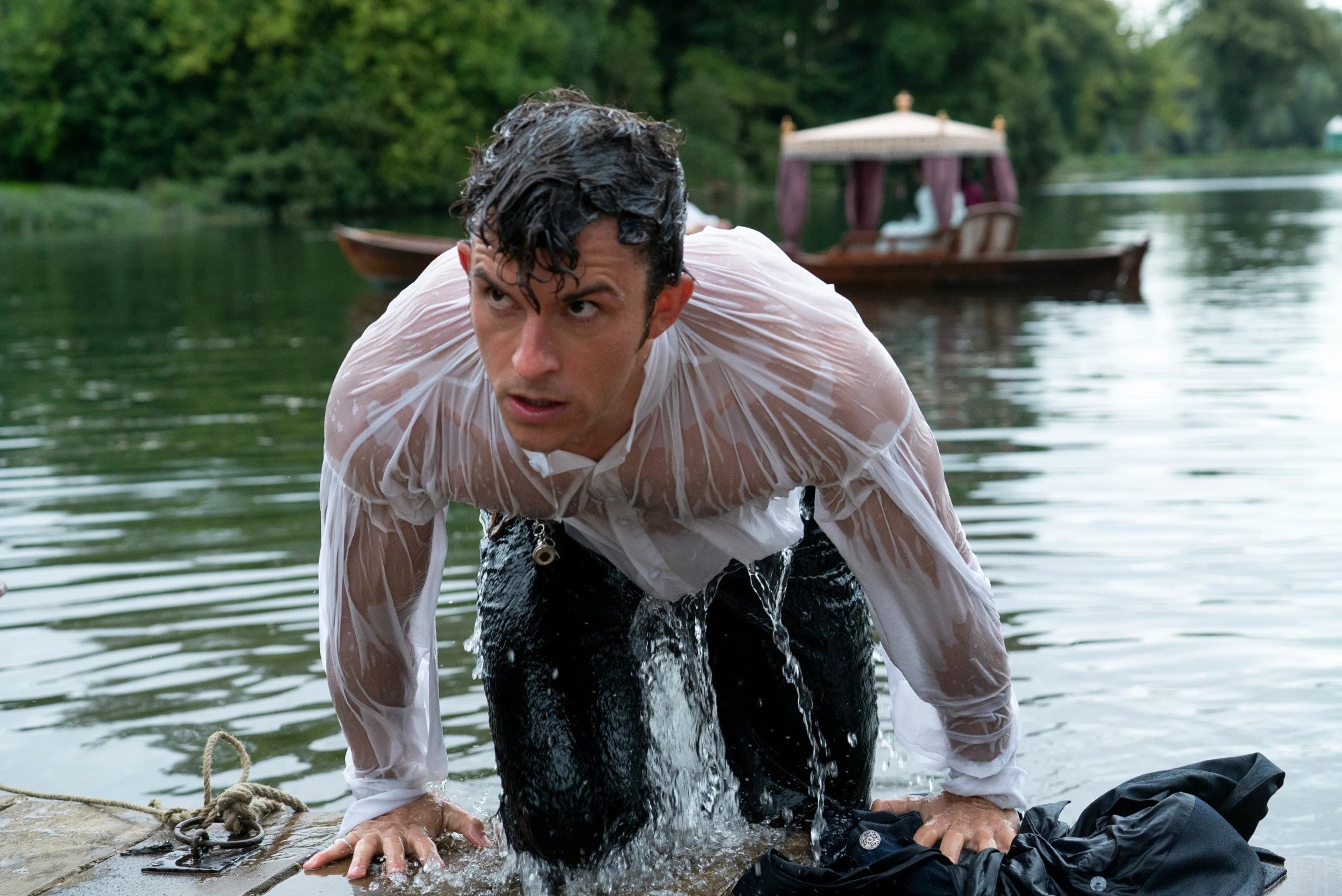
Stretching from the Lavender Scare – a moral panic in mid-20th century America about homosexual people in the government which led to their mass dismissal from government service – to the depths of the Aids crisis, in scenes of tenderness, cruelty and toe-curling sex, Bailey’s performance communicates that little-spoken truth of relationships: it takes more strength to submit than it does to control.
The former demands discipline, courage, trust; the latter requires only force.
But any doubt about Bailey’s ability to mesh with Bomer, who boarded the project early in development, was put to bed with the actors’ virtual rehearsal of a meeting on a park bench in the pilot. “‘Well, that’s a first,’” Nyswaner recalls an executive texting him. “I cried in a chemistry read.”
Bailey grew up in a musical family in the Oxfordshire countryside outside London, and this, coupled with an appreciation for the morning prayers, choir practice and Mass he attended as a scholarship student at the local Catholic school, fed his precocious talents.
By age 10, he had appeared in the West End, playing Gavroche in a production of Les Misérables, an experience he now recognises as an encounter with a queer found family – albeit one shadowed by the toll of the Aids crisis, which peaked in the UK in the mid-1990s.
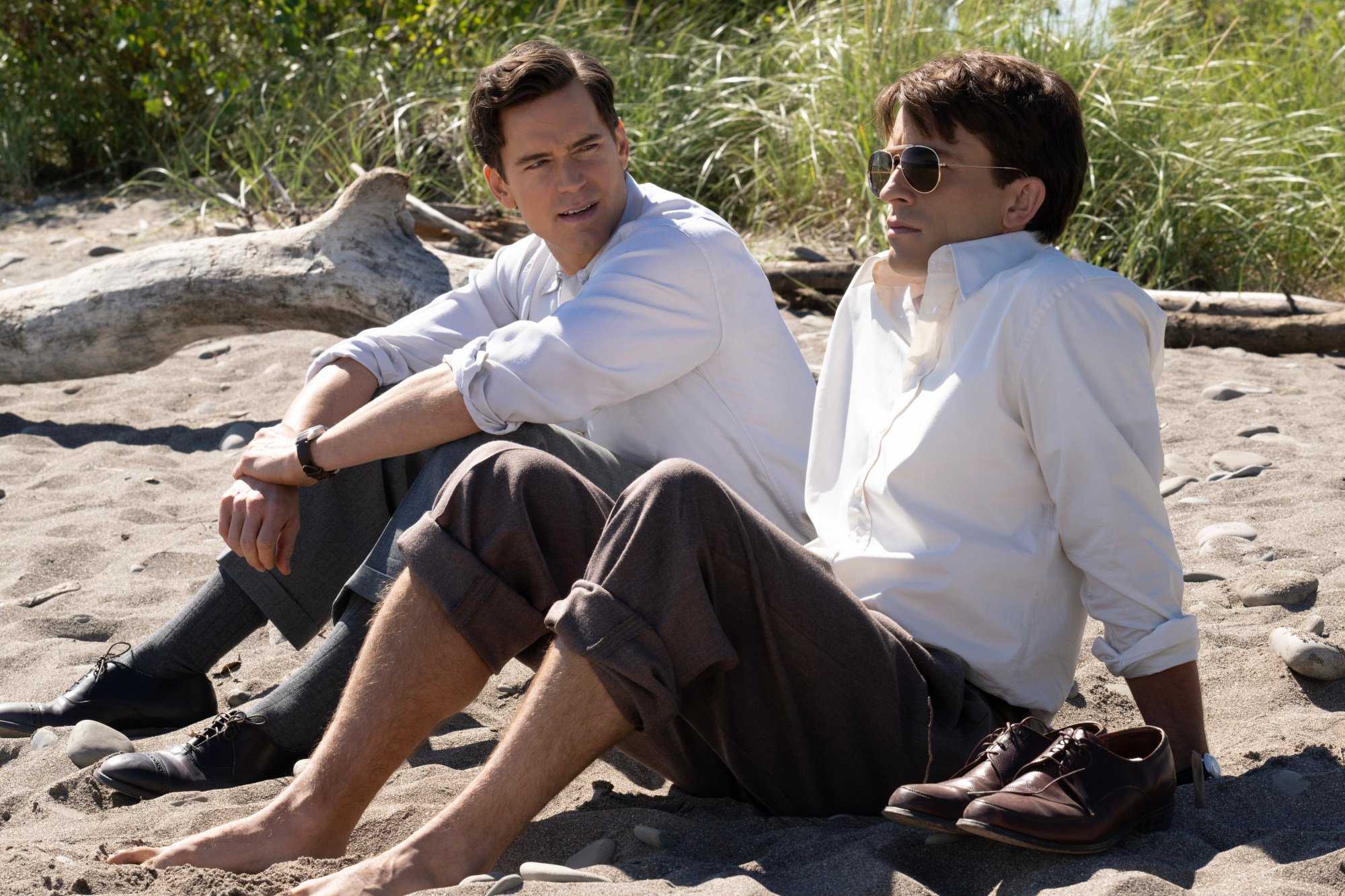
“When I’m asked about my childhood, there’s so much I don’t remember, and I think that’s true of anyone who’s been in fight or flight [mode] for 20 years,” he says.
“I would have been in a cast of people whose friends would have died in the last seven years. I think of where I was seven years ago. I had all my gay friends then. It’s only retrospectively that I can retrofit a real gay community around me [in the theatre], that I just wasn’t aware of [then].”
During the late 1990s and early 2000s, American and British culture presented queer adolescents with a bewildering array of mixed signals.
If you’re not exposed to people who can show you other examples of happiness, you think that’s the easiest way to live
As beloved celebrities came out in growing numbers and the battle for marriage equality became a central locus of LGBTQ political organising, the media continued to propagate harmful stereotypes of gay men as miserable, lonely, perverted or worse.
No wonder Bailey, like many LGBTQ people of his generation, should feel the “chemical” thrill of “validation and acceptance” during London Pride at age 18, then embark on a two-year relationship with a woman in his twenties.
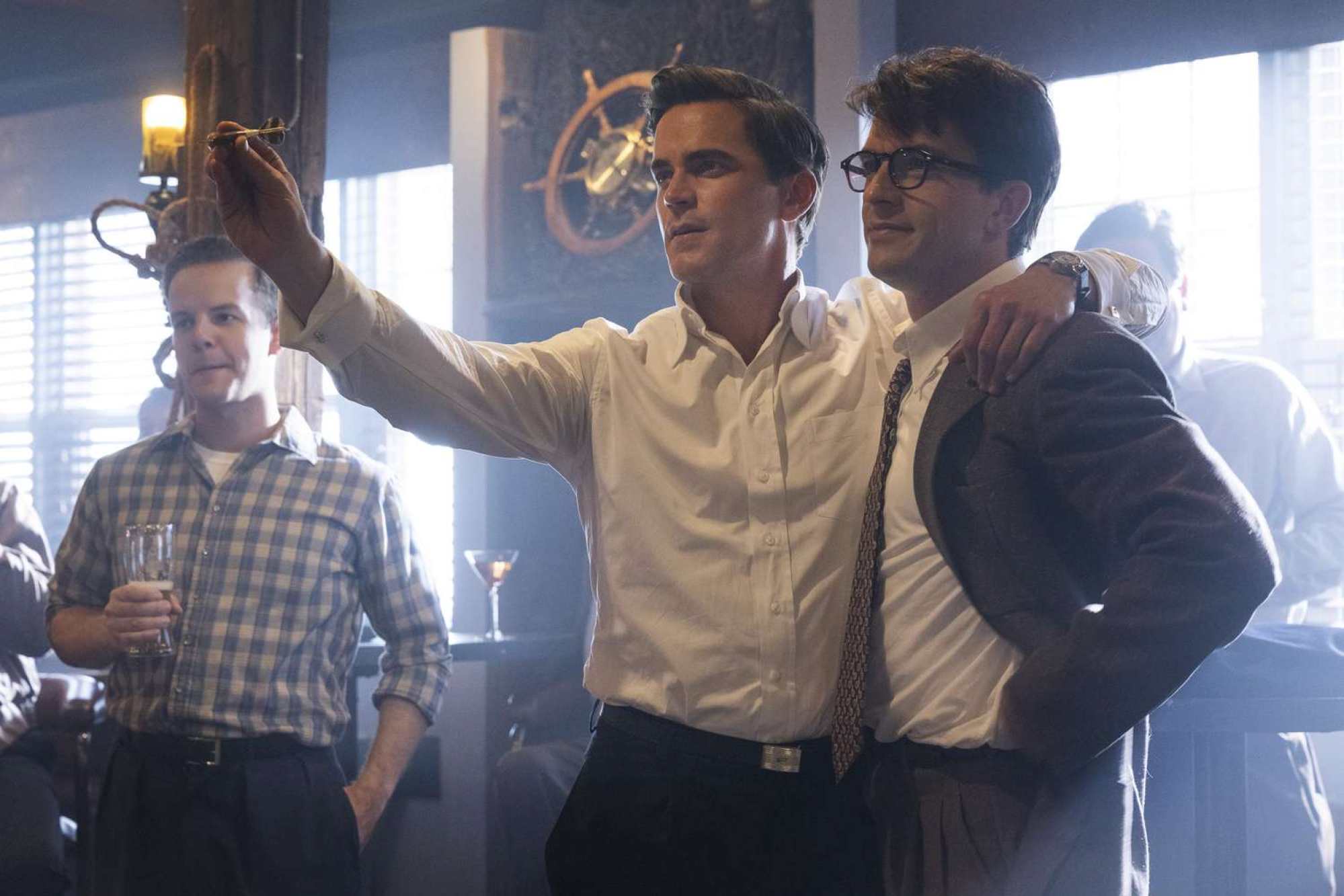
“Dangerously, if you’re not exposed to people who can show you other examples of happiness, you think that’s the easiest way to live,” Bailey says.
“It’s funny. You look back and you can tell the story in one way, which is that I always knew who I was and my sexuality and my identity within that. But obviously at times, it was really tough. I compromised my own happiness, for sure. And compromised other people’s happiness.”
Disclosures about his personal life have become particularly thorny for the actor since the premiere of Bridgerton, the blockbuster bodice-ripper from executive producer Shonda Rhimes.
“Suddenly, you do start having nightmares about people climbing in your windows […] Even now, talking about it makes me feel like, ‘Am I inviting people in?’”
That’s one thing people can’t take away from you: who you are and how you express yourself
Bailey, who once turned down a role in a queer-themed TV series because it would have required him to speed along revelations about his personal life he wasn’t ready to make, is now prepared to embrace the power of vulnerability when it feeds the work.
Although a member of his inner circle expressed doubts about Fellow Travelers’ steamy sex scenes, for instance, the actor intuited that they were what made the project worth doing. “I was like, ‘I’m telling you, they are the reason why this is going to be brilliant.’”
Bailey understands that baring so much comes with certain risks. He notes that “shipping” fictional couples and co-stars alike has long been part of Hollywood fantasy. But he bristles at the implication that he and Bomer are anything but skilled actors at work.
“I would love for people to know that the success of our chemistry isn’t based on us f*****g. It’s actually about us leaning into the craft,” he says.
“It’s a vulnerable situation to be in, talking about it on record. I don’t want to rob people of their thoughts. But I do have a set of values, and as an artist, you don’t need to be f*****g to tell that love story.”
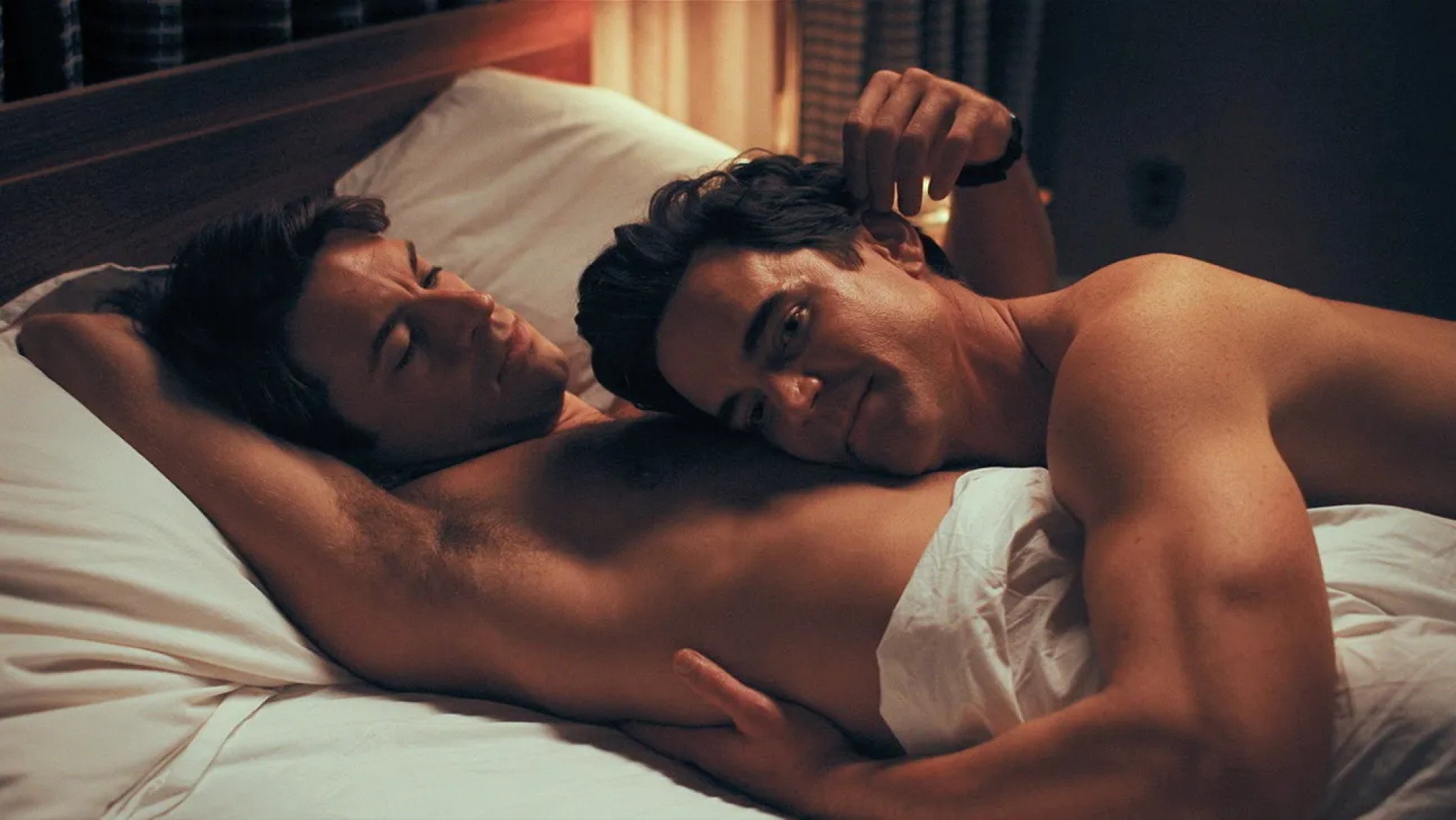
Underlying that craft, Bailey adds, is the confidence to speak up, as with one scene in Fellow Travelers that was adjusted because he said, “I don’t want to be naked today.”
He learned to use his voice the hard way: In his early twenties, he recalls, he was once “bullied” on set when “someone was threatened” by him, and vowed to himself, “I’m never going to do that to someone. I’m never going to allow that to happen.”
This impulse to direct his influence in support of others has blossomed further with Fellow Travelers.
Bailey enthuses about an upcoming meeting with legendary gay rights activist Cleve Jones and shares his idea for a docuseries recording the stories of elders in the LGBTQ community while they are still here to tell them.
He describes lying in a hospital bed on set on World Aids Day, in character as Tim, surrounded by gay men who had lost friends and lovers during the crisis, and finding himself thinking, “What do I want to leave behind?”
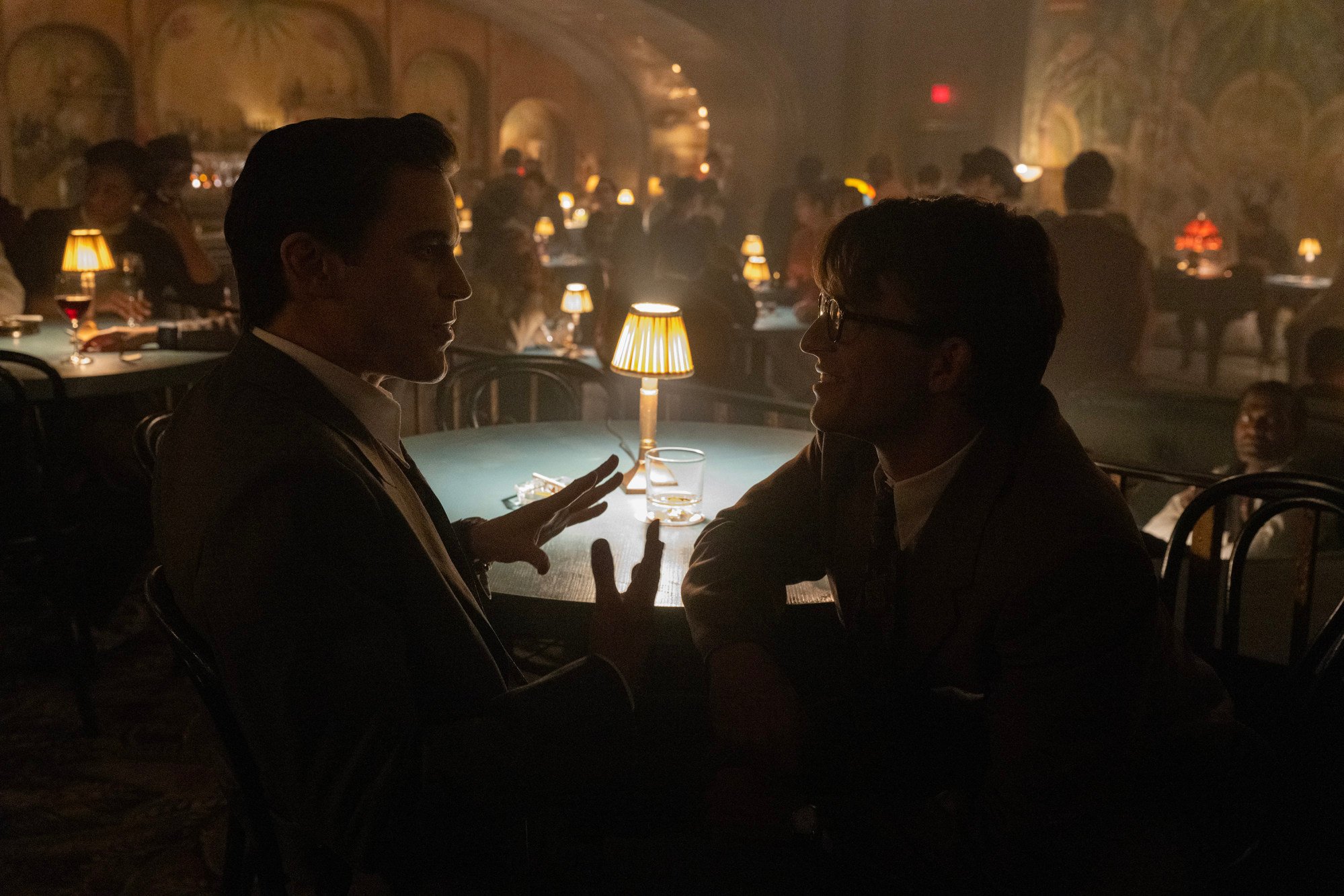
“I think he’s changed my trajectory in my own life,” Bailey says.
Standing on the nondescript corner in a square now named for her in downtown Los Angeles, one can relate to the story of the late queer activist Nancy Valverde, who was arrested repeatedly while a barber school student in the 1950s on suspicion of “masquerading” because of her preference for short hair and men’s clothing, and later successfully challenged her harassment by the police in court.
“What a hero!” Bailey says, wondering at Valverde’s bravery. “The thing that’s so interesting with power battles is, ultimately, identity is the thing that gives you the most strength and power in your life, isn’t it?
“Because that’s one thing people can’t take away from you: who you are and how you express yourself.”

